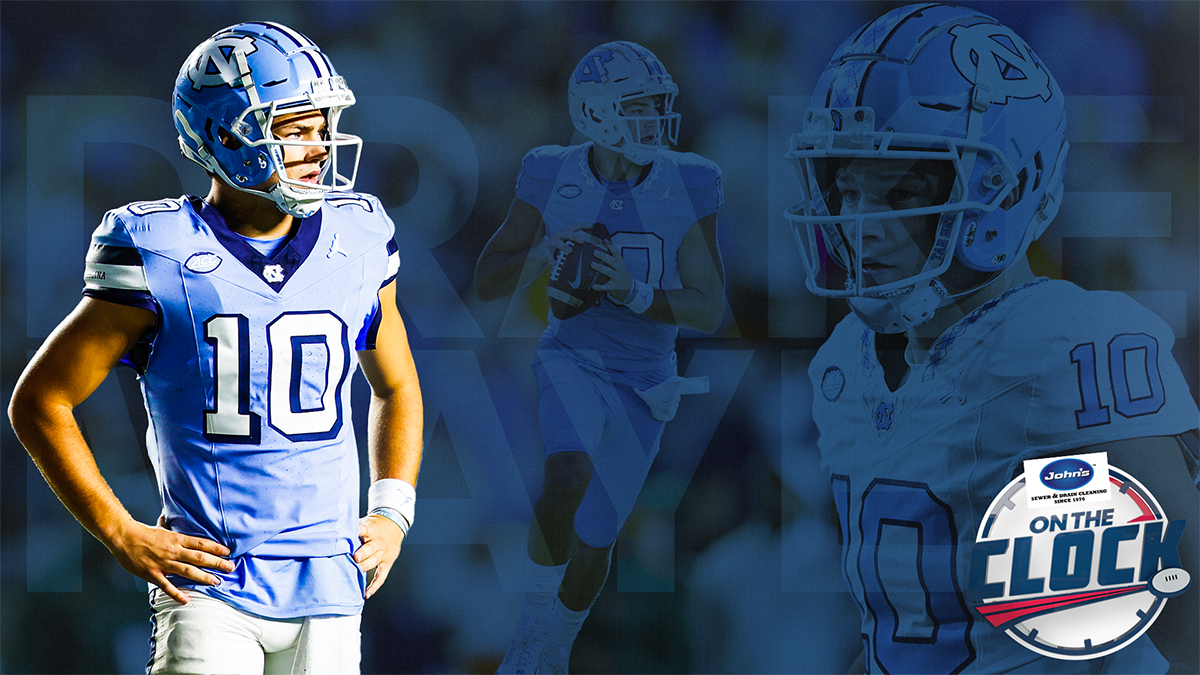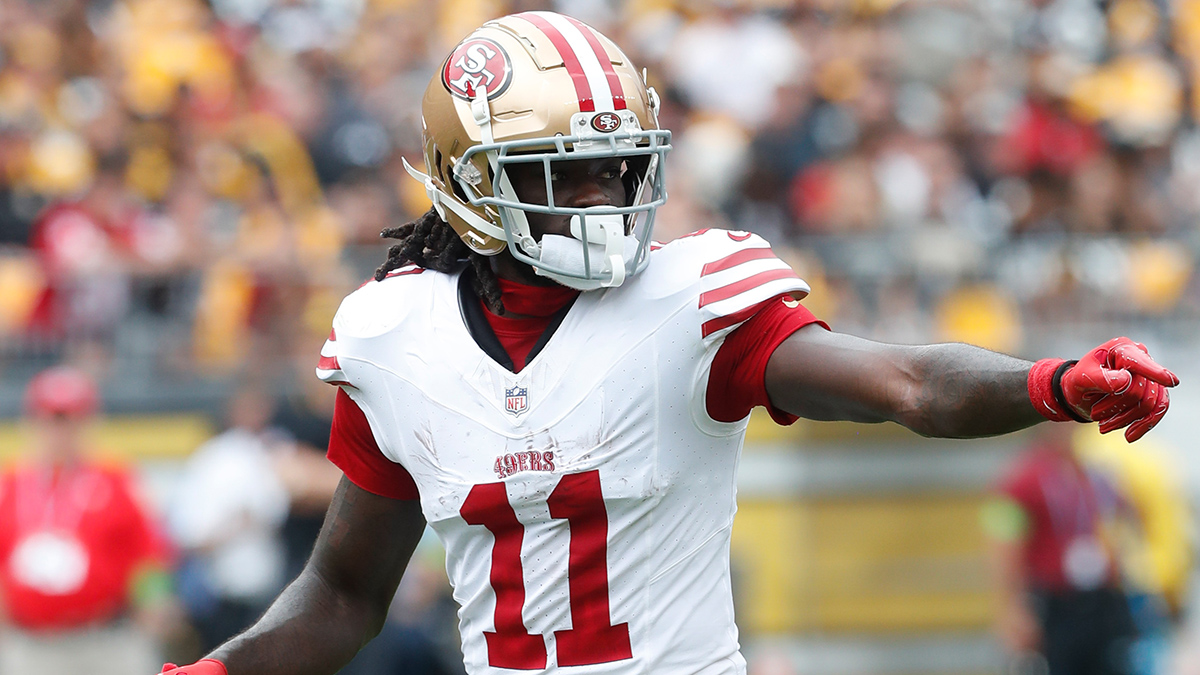
Rob Gronkowski signed his new deal just about a month ago and already folks have begun to wonder what kind of contract will be given to New England's other young tight end, Aaron Hernandez.
We may not know the answer for quite some time given that Hernandez is under contract with the Patriots through the 2013 season, but it's still an interesting question nonetheless.
With Hernandez and Gronkowski as two of the focal points of New England's offense last season, they set all kinds of records and helped the Patriots make Super Bowl XLVI. In all likelihood, Bill Belichick would like to keep those guys around for as long as possible.
What makes Hernandez's case special is that although he is listed as a tight end on the team's roster, he could be considered a wide receiver given the variety of spots at which he lines up in New England's offensive sets.
He's such a unique player that defining his position on the field is difficult. At the negotiating table, it may be even tougher.
If the Patriots want to slap Hernandez with the franchise tag after the 2013 season, they would want to pay him as a tight end since the franchise number for those big guys is less than that for receivers. Hernandez's next contract negotiations could get complicated if he demands to be paid like a wide receiver.
The Boston Globe's Greg Bedard touched on that issue today. He spoke with someone who's dealt with the Tight End vs. Wideout debate before: Jermichael Finley's agent, Blake Baratz.
New England Patriots
The team is going to argue it doesnt matter where the guy lines up and what he does, hes a tight end. Our argument was, when you make an argument on where they are lining up, what kind of stance theyre in, whether theyre running routes and the percentages that Jermichael was doing that. To me, thats no different than if Wes Welker is in the slot or James Jones is in the slot, Baratz told Bedard.
The teams going to say he was a tight end in college, he sits in the tight end meeting room, and hes a tight end in the media guide, and on websites hes a tight end. Thats all great, but our argument was whats the definition of a tight end? To us, that says he plays tight to the end, which is the traditional definition.
When Finley was up for a new deal last year, he made an argument that he should be considered a wide receiver if he was to be franchised. The Packers eventually came to terms with Finley, giving him a two-year 15 million deal, essentially splitting the difference between the values for franchised tight ends (5.446 million) and franchised receivers (9.515 million).
If Hernandez feels like he might get franchised a couple seasons down the road, will he ask to be paid like a wideout? And will that help him at the negotiating table? No way to know just yet. But there is an argument to be made, and it will be interesting to see if that changes the way we label players' positions.


